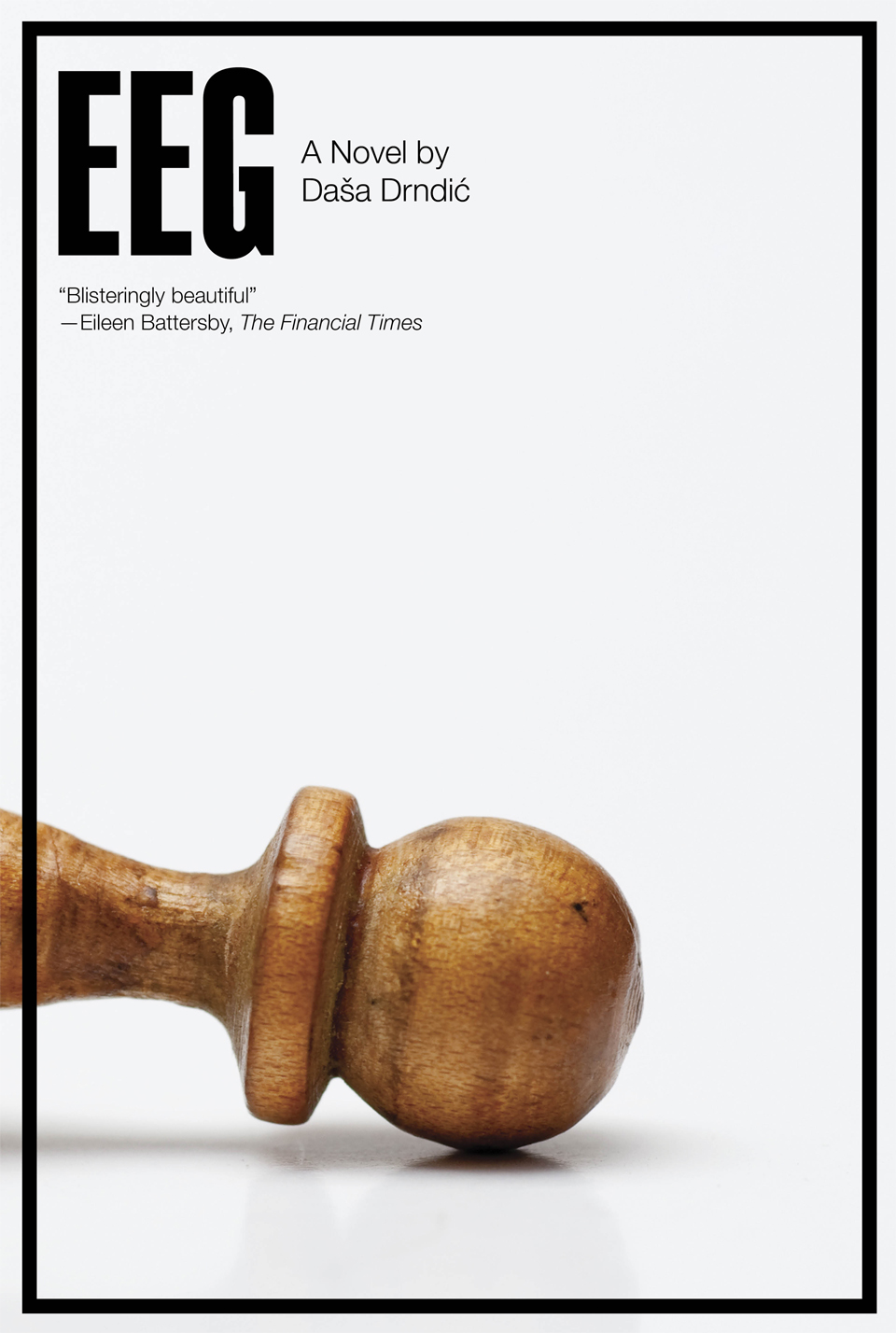
EEG
A Novel
کتاب های مرتبط
- اطلاعات
- نقد و بررسی
- دیدگاه کاربران
نقد و بررسی

February 18, 2019
The 20th century is revealed as a parade of horrors in this harrowing novel from Drndić (1946–2018), one of Croatia’s most acclaimed contemporary authors. Writer and psychologist Andreas Ban has reached the end of his life. He drifts into reminiscence, cataloging his work as a novelist, his aborted emigration to Canada, and the case histories of his psychiatric patients. Drndić’s defiance of narrative continuity allows the novel to flow freely from these personal remembrances to historical catastrophe: Ban lists the many chess players who died by suicide, details the complicity of Latvians and Croatians in the Holocaust, and revisits the Siege of Sarajevo. Drndić finds no redemption in this “human dross.” Her aim is instead to explicate “the century of cleansing, the century of erasure,” and so, even when Ban arrives at a “refuge for writers” on a Tuscan estate, he finds not relief but rather that he is a “prisoner of glaring, voracious beauty.” More than the specifics of Ban’s life or psyche, Drndić’s subject is the squandered lives she catalogues. At one point, Ban visits a cemetery for victims of the genocide of Bosnian Muslims at Srebrenica, moaning, “From now on I must drag all this after me.” This is an intense, sometimes riveting novel.

February 15, 2019
In the late Croatian writer Drndic's (Belladonna, 2017, etc.) final novel, the fact that death eludes a would-be suicide does not mean that it has stopped looking to reap him.Andreas Ban is an intellectual who loves chess, fat books, ideas, and his "small, select collection of glasses." He is melancholic, and he is nostalgic for a city that no longer exists, a place where pedestrians "attack, they leap out, they destroy my rhythm, they move in a crippled, hiccupy rhythm so that my own gait becomes disorderly, jerky, and erratic." What's worse is that when Yugoslavia was dissolved and Croatia became its own country again, his coastal city of Rijeka became the plaything of foreigners who bought the place up. Drndic, sometimes self-referential, delivers a portrait of a disaffected European intellectual--is there any other kind?--and depicts a man who, though not wedded to the notion of a golden age, is nonetheless more than a little put off by the "general, universal chaos...the cauldron of turbid, stale mash" that is the present, a time when, among other indignities, he has to explain to students what a tape recorder is. Visiting moments of the past, he recalls other times of torment and chaos, from the resistance movements that fought the Nazis and fascists to the forgotten corners of the country where portraits of the old boss still adorn the walls: "Tito simply hangs as a reminder, as un-forgetting, he says nothing, he does not give orders, he does not punish, he just hangs, watches and is silent." Among the figures he conjures up in his mind are Joseph Roth and Stefan Zweig, avatars of an old European humanism that no longer exists, and, Drndic makes plain, will not come again in a time of narcissism and nationalism. This is a novel of ideas but also of exquisite poetry, as when Drndic writes of a figure out of Ban's past: "He died alone, and he was afraid of solitude."An elegant search for lost time and a fitting valediction by a superb writer.
COPYRIGHT(2019) Kirkus Reviews, ALL RIGHTS RESERVED.

























دیدگاه کاربران